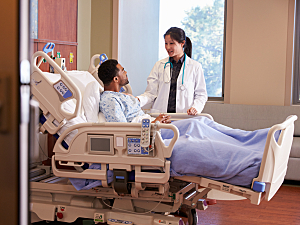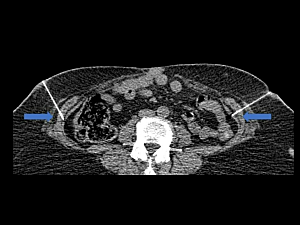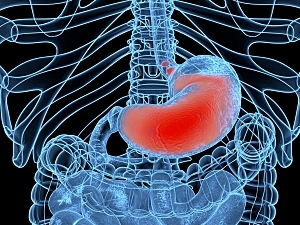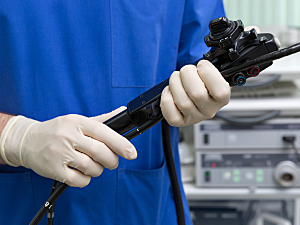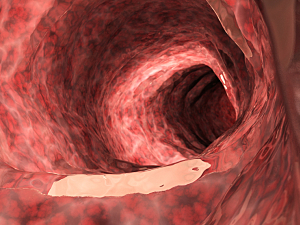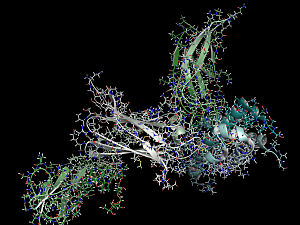Brigham Hosts Country’s First High-Resolution Anoscopy Course for Colorectal Surgery Fellows

High-resolution anoscopy can be a helpful tool for identifying precancerous lesions in the anal canal. Colon and rectal surgeon James Yoo, MD, and infectious disease specialist Jennifer A. Johnson, MD, both of the Brigham, developed and recently hosted a course to educate colorectal fellows on the technique.
Read More...